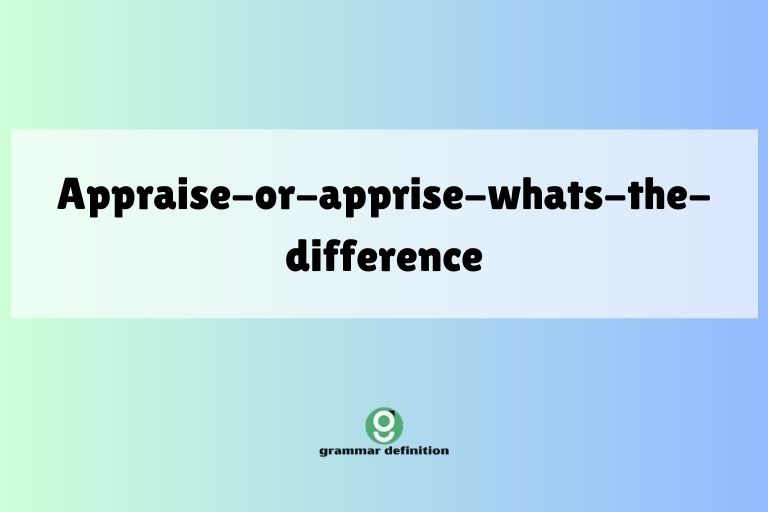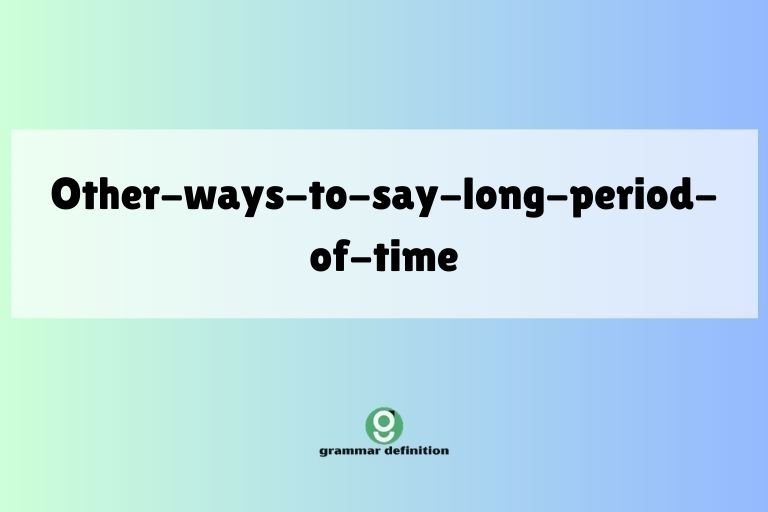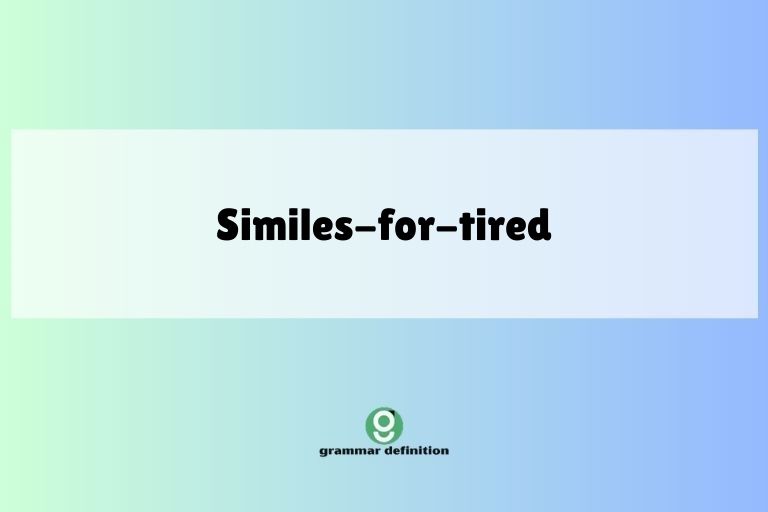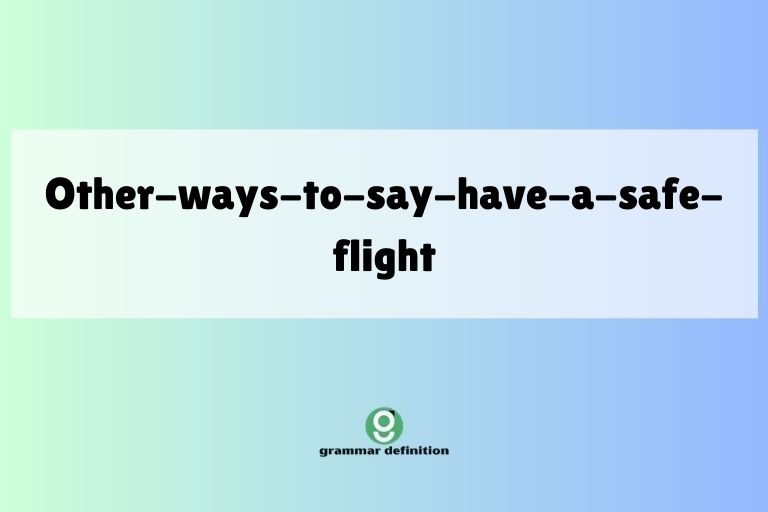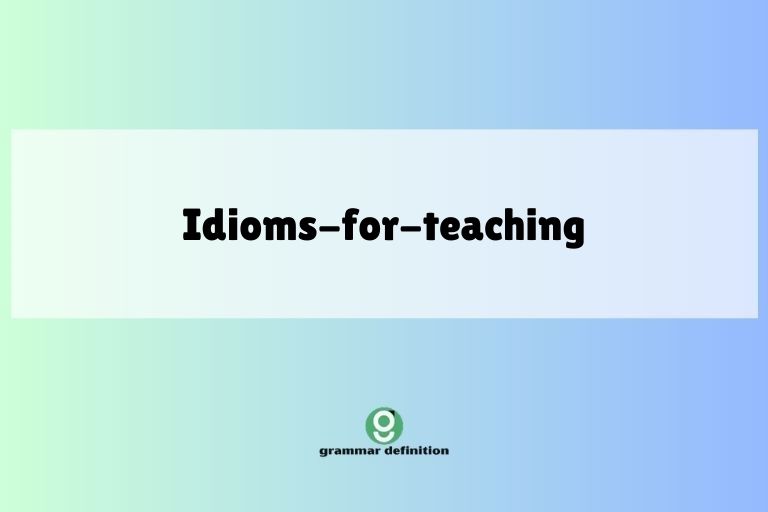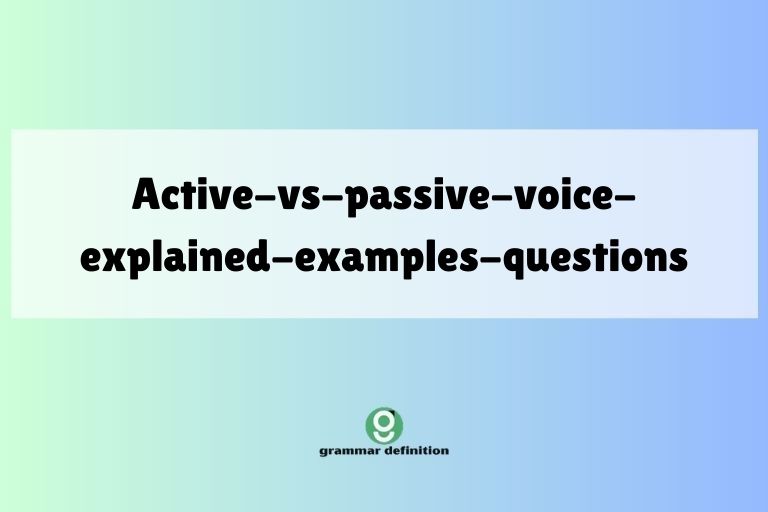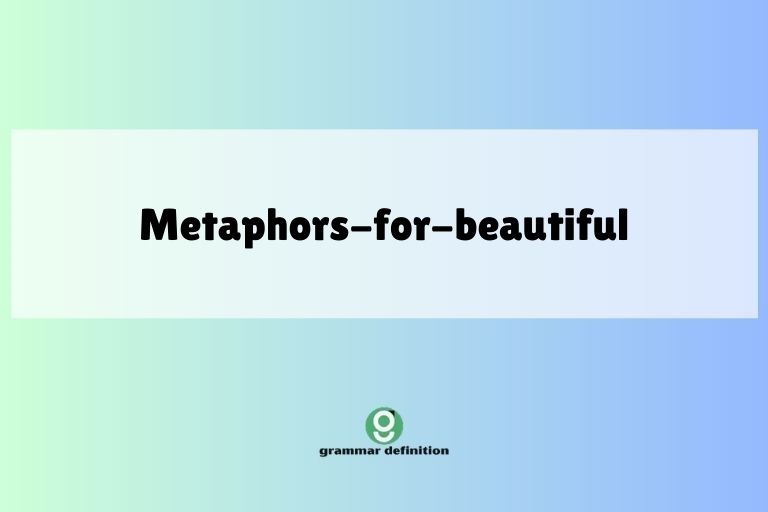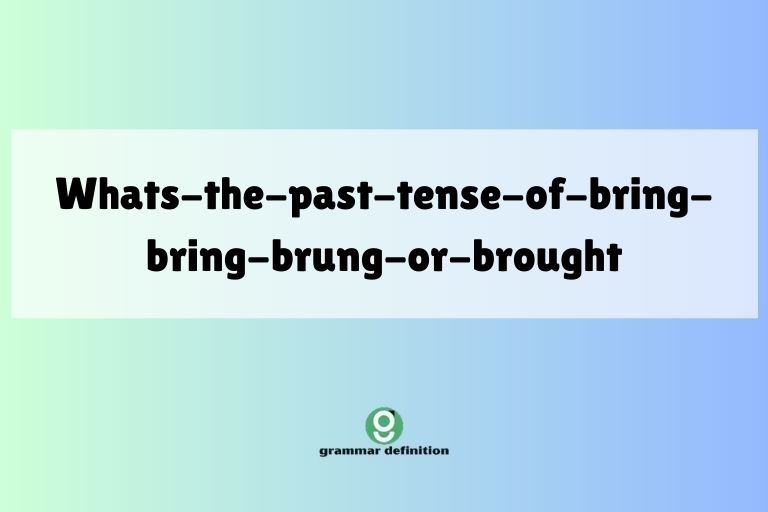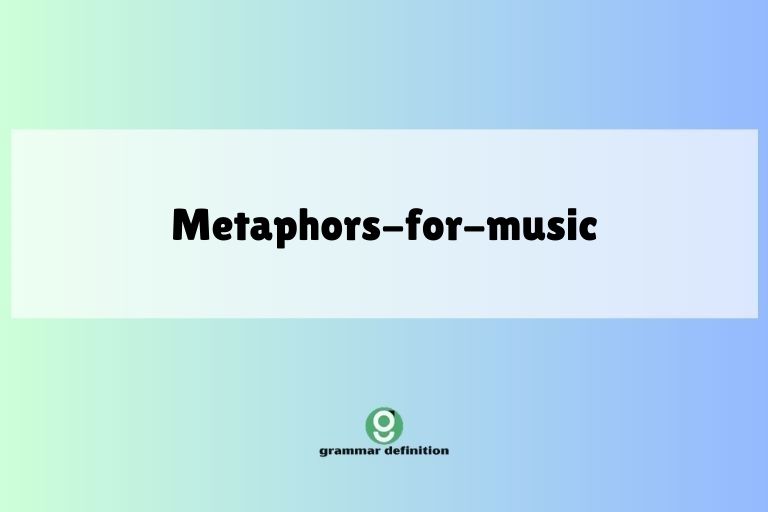Appraise vs. Apprise: Understanding the Difference
English, with its rich history and diverse influences, often presents us with words that sound similar but carry distinct meanings. Among these tricky pairs are “appraise” and “apprise.” While both words involve evaluation or communication, their specific applications differ significantly. Mastering the nuances between “appraise” and “apprise” is crucial for clear and precise communication, both … Read more

